FLOW: Why Do They Track Our Movements in the Physical Space?

Most of us are familiar with issues of online privacy, and how online movements are often tracked and collected as data. This is often used by companies to increase sales, target advertising, or improve user experience. But what about when it comes to tracking our movements in our physical environments? Here to talk to us about Flow, a spatial intelligence solution that monitors people’s mobility, is Robin Lefrant, General Manager of Flow.
European Commission, Scalable Cities: 550 City-led Initiatives to Mitigate Issues

Today, most of the world’s population already lives in urban areas. With this figure set to grow, cities are often the best places to implement large-scale solutions for societal challenges. Scalable Cities, a city-led initiative supported by the European Commission, works to identify and promote innovative policies and business models that can be scaled up and replicated elsewhere. Here to speak about how our cities can help mitigate issues such as climate change is Veronika Cerna, Head of Strategy at Scalable Cities.
Salvi Lighting: Street Lighting that Improves Safety and Travel Efficiency
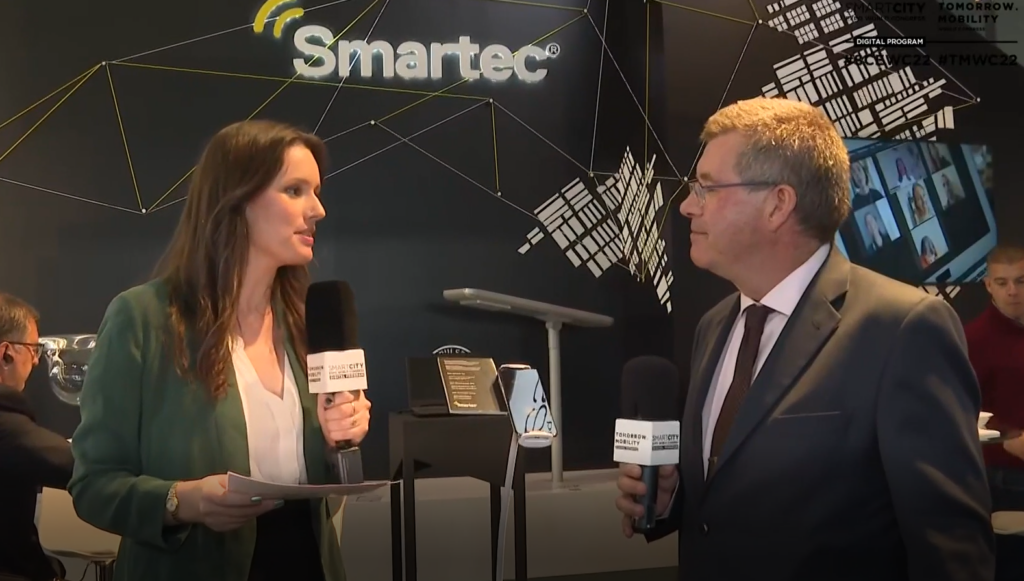
When the electric light was introduced in cities at the end of the 19th and beginning of 20th centuries, cityscapes were transformed into a stellar constellation on earth. However, city lighting also had incredibly practical uses, from added safety to travel efficiency during nighttime. Salvi Lighting developed the pioneering urban lighting project SMARTEC, which allowed cities to monitor and control outdoor lighting remotely. To talk with us about the impact this technology has had in cities is none other than Salvi Lighting’s CEO, Javier Elizalde.trategy.
Madinah City: When Tradition and Culture Meet Innovation and Tech

How can we both honor tradition and culture, and pursue the desire to innovate and incorporate new technologies? This is a challenge facing many historic urban areas seeking to preserve culture while harnessing innovation. Here to talk to us about how the holy city of Medina in Saudi Arabia is doing just that, is Mr. Abdulrahman Ibrahim, Chief Data and Innovation Officer for the Madinah Smart City Strategy.
How Stockholm Is Becoming Energy Positive
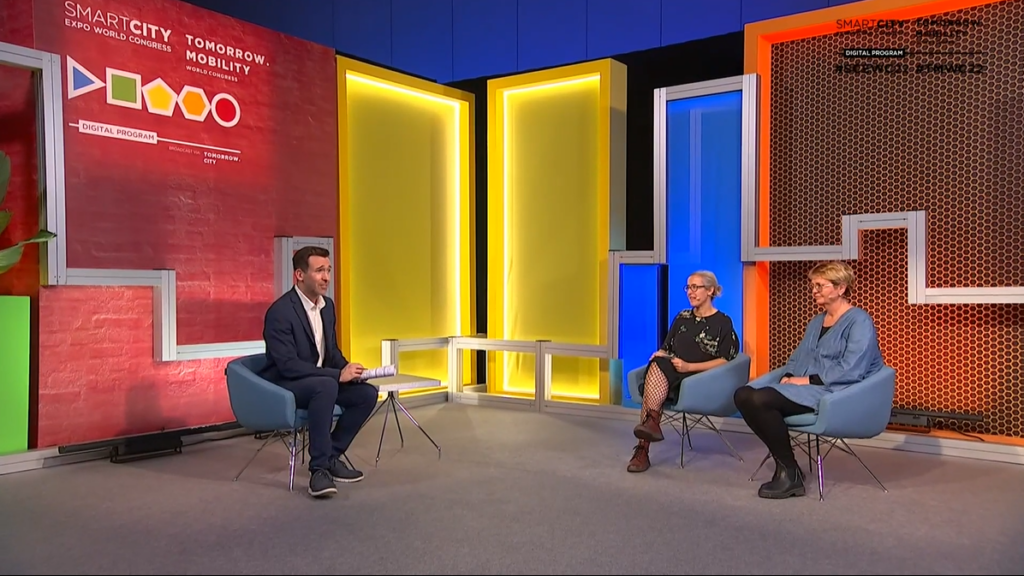
Most cities around the world have set an objective of become carbon neutral in terms of their energy supply. This will prove crucial to meet the United Nations agreement of keeping global temperatures at 2 degrees Celsius and thus avoid the worst effects of climate change. Stockholm is a city that has made an impressive headway in its pursuit of clean energy. To talk with us about the Swedish capital’s achievements are two brilliant speakers. Maria Lennartsson is the Research & Development Coordinator for the City of Stockholm. Christina Salmhofer is the Sustainability Strategist for the Development Administration also in the City of Stockholm.
Hannah Fry: The Joy of Data
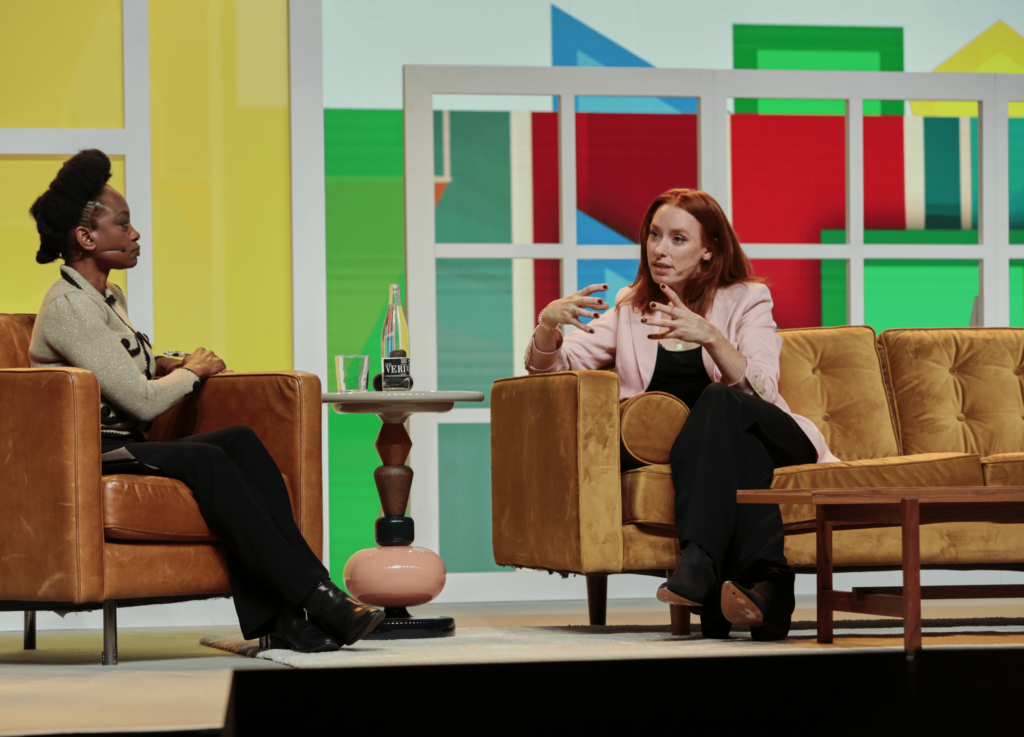
Cities have become so large and populous that it can be hard to decipher what each community and individual wants. However, that’s where the tailored and smart use of data and mathematics comes in, to be able to discern patterns and behaviors that can be regulated or incentivized to improve our cities. To speak with us about the use of data and mathematics in urban settings is one of the most renown experts in the field. Hannah Fry is a Professor of the Mathematics of Cities at the Center for Advanced Spatial Analysis at the University College London. She’s written multiple books on the use of mathematics in unconventional settings, and has been a presenter for multiple BBC shows. She was a guest lecturer for the famed Royal Institution Christmas Lectures in 2019, and gave a TED talk in March 2014, which attracted over 5.2 million views. She got her PhD in Mathematics from the University City of London.
Berlin & Amsterdam | Designing the City from The Bottom-Up
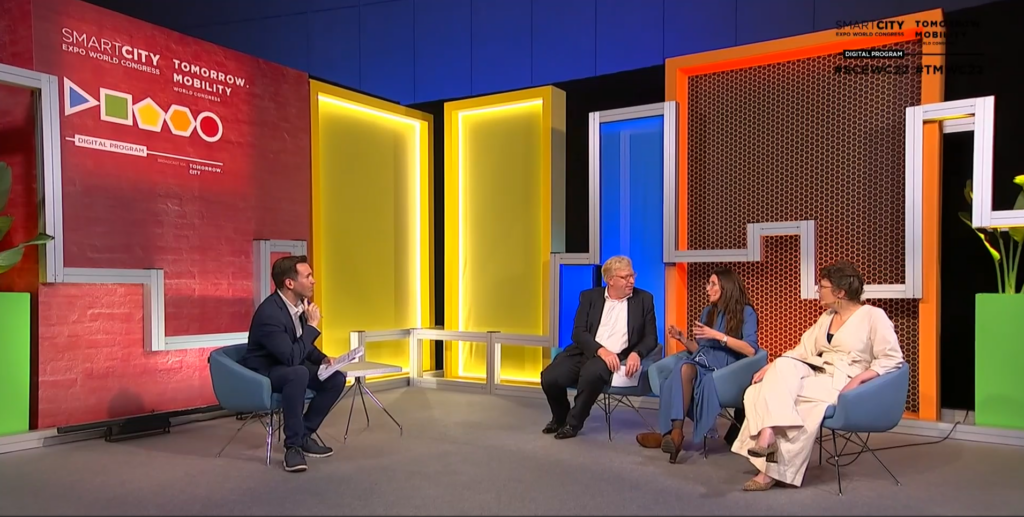
City governments can have grand ideas and dreams about changing a city and revolutionizing services, but without a clear design and focus on building a base, many ideas and innovations can fall through. Thus, to talk to us about designing a city from the bottom-up are three accomplished speakers. Ralf Kleindiek is the Chief Digital Officer and State Secretary for Digital Affairs and Administrative Modernization for the City of Berlin. Leonie van den Beuken is the Program Director for Amsterdam Smart City. And Caroline Paulick-Thiel is the Executive Director for Politics of Tomorrow and the Co-Founder of nextlearning.
Honeywell: Here’s the Key to Data Integration from Critical City Infrastructure
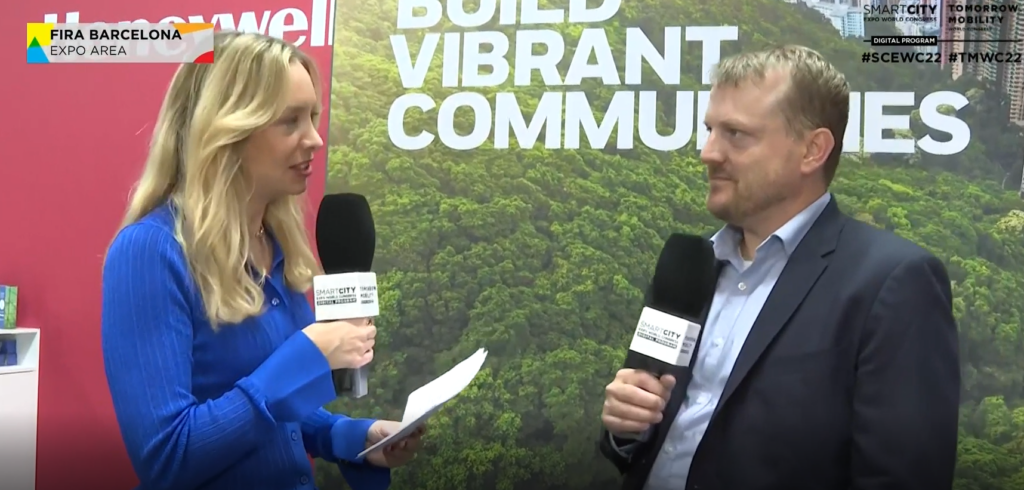
Across the globe, cities are struggling to respond to both new and old challenges including climate change, rapid urbanization, and social exclusion. However, integrating data from critical city infrastructure systems such as traffic, streetlights, emergency services, and utilities can help cities identify and implement new solutions more efficiently. To discuss some of these exciting Smart City technologies, we’re joined by Mr. Matthew Britt, General Manager of Smart Cities & Communities at Honeywell, whose City Suite Software is already being implemented in 75 cities worldwide.
Seoul Digital Foundation: AI & Metaverses Brought the City to the Next Level

We’re seeing a rapidly evolving digital world, from the advent of metaverses to the developing capabilities of artificial intelligence. Harnessing the great potential of these new technological horizons will prove key to helping improve our cities. Someone with first-hand experience on this matter is Yo Sik Kang, President of the Seoul Digital Foundation, which has helped build the global competitiveness of the city Seoul through digital transformation.
How Can Cities Stay Resilient Against Health, Climate or Economic Risks?

There are always inevitable risks in any situation, the best course one can take is to improve your resiliency and preparedness. Cities must act similarly, facing down potential risks relating to health, climate, or the economy. To talk with us about how cities can stay resilient in the face of mounting risks, are two inimitable experts. Dr. Anniina Autero is a Senior Project Manager for the City of Tampere in Finland and got her PhD in Administrative and Social Sciences at the University of Tampere. Amaya Celaya is an Urban Climate Resilience Advisor for organizations such as the United Nations, the International Office for Migration, and the European Commission; she’s also a Visiting Lecturer for the NOHA International Association of Universities.